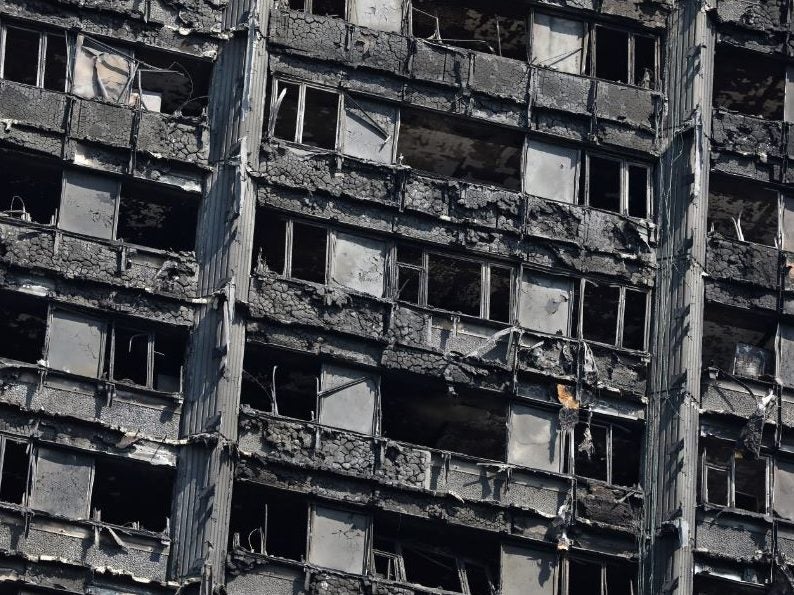
A journalist who worked on local papers in Kensington nearly 30 years ago has said he is sure the fire safety concerns of Grenfell Tower residents would have found a voice before the decline in London’s local press.
Today, Kensington and Chelsea has one dedicated local newspaper – the Kensington and Chelsea News – which (at full strength) has a reporter who covers it as well as other London boroughs.
When Grant Feller began his career on the Kensington News and Chelsea News, the two titles had an editorial team of ten and faced competition for stories from the Kensington and Chelsea Times and the Evening Standard (which then devoted more resources to local borough stories).
This was in 1990, before competition from the internet destroyed the old newspaper publishing model and in particular took away most of the classified advertising revenue.
Press Gazette wrote yesterday about how journalists failed to pick up on fire safety concerns raised by Grenfell Tower residents in a blog back in November. Last week at least 79 people died when the tower block was destroyed by fire.
Asked whether he thought the concerns of residents would have been picked up by the Kensington News in 1990, Feller said: “One hundred per cent yes, we would have picked up on that.
“If we hadn’t found that story ourselves we would have been bollocked by the editor. Any local newspaper journalist worth his or her salt would have been all over that story because of that blog.
“But today there is no-one there. There is a newspaper that cares for Londoners, reflects London and does its bit for London – and that’s the Evening Standard. But it doesn’t do these types of stories.
“We would have known about that local group’s concerns because we were very much in the local community. We would have poured over the council meeting agendas and asked questions of the councillors and the officers.
“But today there is no-one there. Those people can do what they like because there’s no journalists looking at what they are doing. That’s why local journalism is so important.”
Feller, who today lives in Chiswick and works as a journalist and corporate media consultant, recalled writing stories himself about the poor living conditions in Grenfell Tower.
He said: “It was dilapidated, had really bad wiring and was a horrible place to live. I remember writing stories about it very many times. If there was a story of local residents complaining about the council, that was our bread and butter.”
He recalls from his time on the Kensington News “we were out all the time, finding stories – it was a very active job”.
And he worries about what has been lost through the decline in the local press, which has been particularly severe in London. By Press Gazette’s reckoning, the number of local newspaper journalists in the UK has fallen by at least a half over the last decade.
Writing on Linkedin, Feller said: “We talk about community and religious leaders as being the lifeblood of neighbourhoods, but we forget that local newspapers are too. There are an essential ingredient in the fabric of society, a cornerstone of democracy. Or were…
“I know the days of powerful local newspapers are over but the stories they typically once covered are more plentiful than ever, especially in cities where decisions – not scrutinised – are being taken every day that affect the lives of residents.
“Local newspapers and their websites are still making valiant efforts to report community stories but staffing levels mean that there’s little time for patient, revelatory journalism.
“And, in fact, many ‘local’ journalists don’t even work in the districts that they write about – and I doubt very much whether they devour those council agendas in the way that we used to.
“Perhaps the new editor of the Evening Standard could withhold his bloodlust for national political revenge and re-energise a new, localised movement in which the decisions and plans of local governments are once again in the daily journalistic spotlight.”
Picture: Reuters/Marko Djurica
Email pged@pressgazette.co.uk to point out mistakes, provide story tips or send in a letter for publication on our "Letters Page" blog
